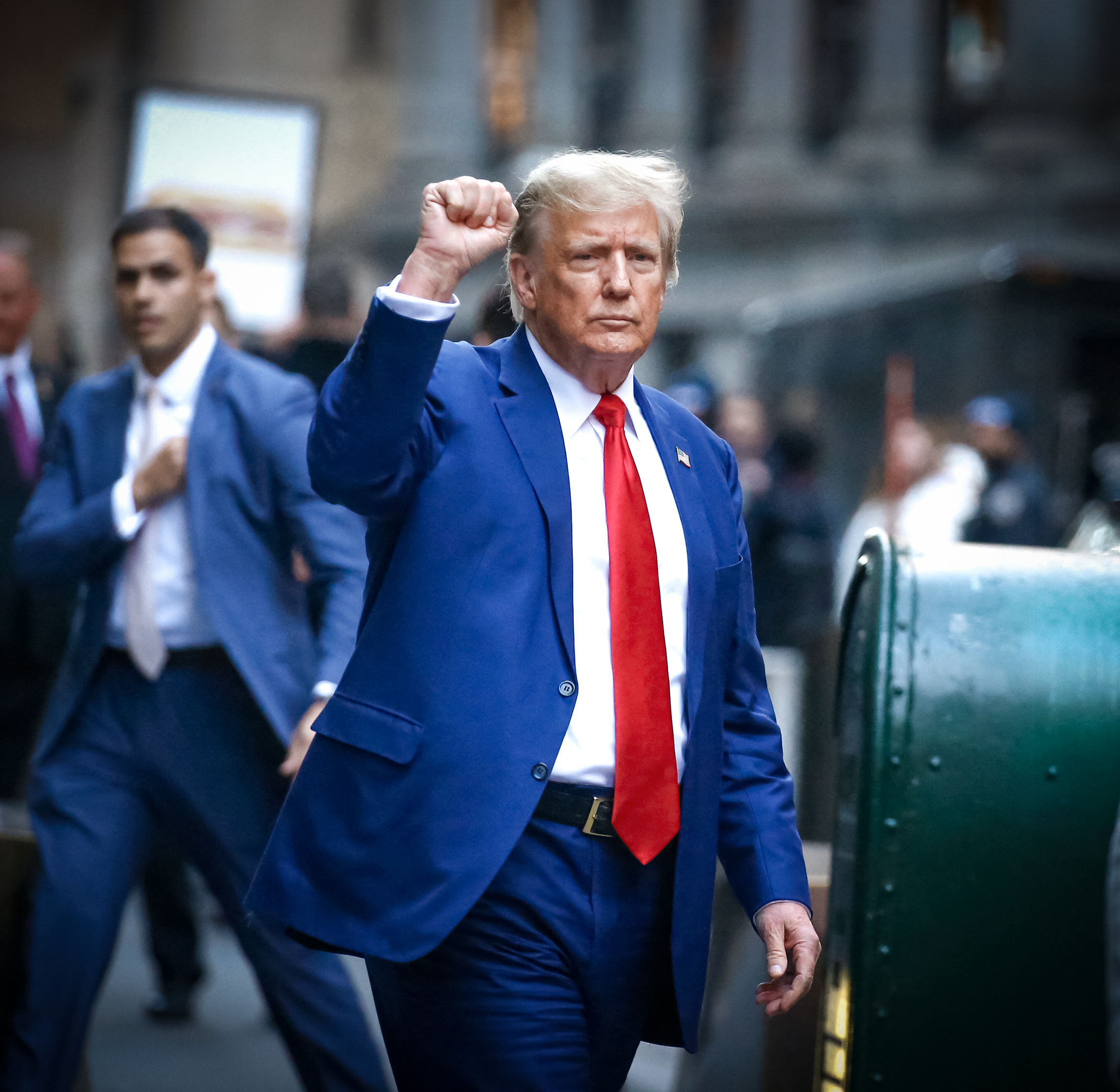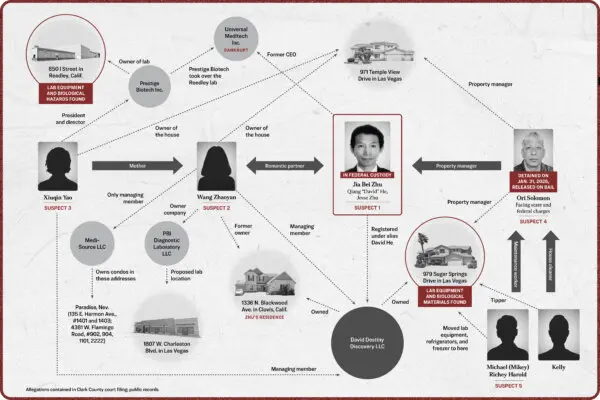WASHINGTON—Experts told The Epoch Times that President-elect Donald Trump’s victory on Nov. 5 spells the end of multiple prosecutions against him and effectively foreclosed the possibility of him serving any related prison sentence.
Trump has already said that he would quickly fire the man in charge of his two federal prosecutions—special counsel Jack Smith—upon entering office.










